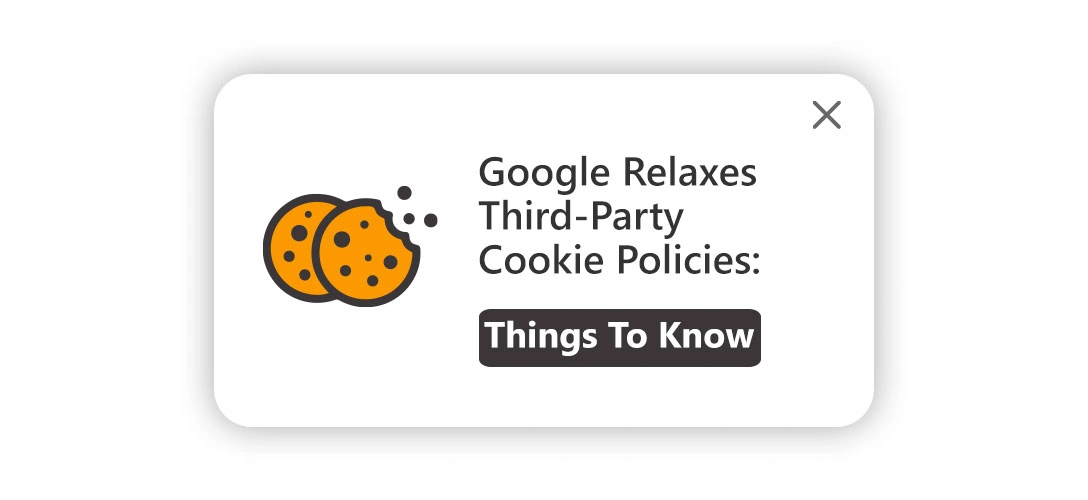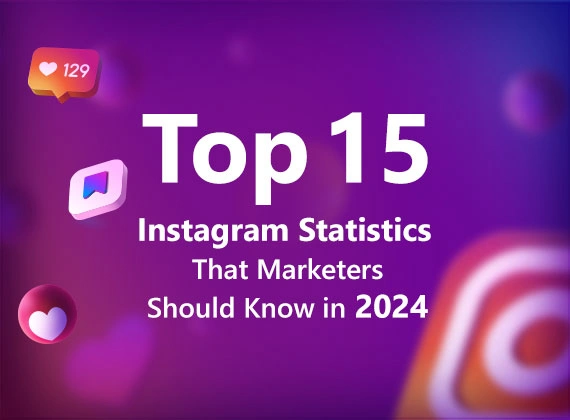Introduction
Here’s all about Google’s change in Third-Party Cookie Policies. Google anticipates an increase in the number of Chrome browsers affected, aiming to include all users by the third quarter of 2024 through cookie trust. This primarily applies to advertising content. As part of a trial Google has temporarily restored access to third party cookies for third party services until December 27 2024.
To Be Eligible For This Testing Phase Google Has Established The Following Criteria:
To understand more about Rural Markets, we can divide the consumers into suitable categories. Some of the categories are:
- Instagram has the largest ad market in India. Projects associated with advertising will not be considered.
- Rejections will include origins connected to known advertising related fields, including subfields.
- Concrete evidence of direct impact on end users is required; articles solely based on subsequent data analysis will not qualify.
- If there is a need to restore an application steps should be shared along with an error report submitted to Google.Requests will only be processed if the infringement is confirmed and there is an appeals process in place for clarification.
- Websites that encompass both advertising and advertising domains will not be accepted due to their advertising content.
- Pricing experiments aimed at allowing networked businesses to utilize third party cookies are purely conceptual. Do not intend to address data collection issues.
- Some select third party services have limited eligibility, for obtaining cookie permission by bypassing checks.
- This extension focuses on tasks that have functional problems instead of disrupting data collection.
You can read about this official announcement here.
For businesses using other companies' services or cookies, it's important to look at how the site is used. If they're live and timing is key, they should make plans for users to opt in. This way, they can fix any issues before many visitors come across them.
These approved services can do tests, thanks to a special permission in Chrome. Google has noticed a short gap between when sign up starts and cookies are blocked. To help, they're giving approved sites till April 1, 2024 to get their tokens working.
Table Of Content
- Introduction
- To Be Eligible For This Testing Phase Google Has Established The Following Criteria
- Conclusion
- FAQs
Other Blog
Conclusion
Summarizing the update, Google intends to halt third-party cookie access in Chrome in the near future. However, during a testing phase, some third-party services may still have limited cookie access. To minimize potential disruptions to users, businesses should carefully assess their website's use of cookies before the change is fully implemented.

